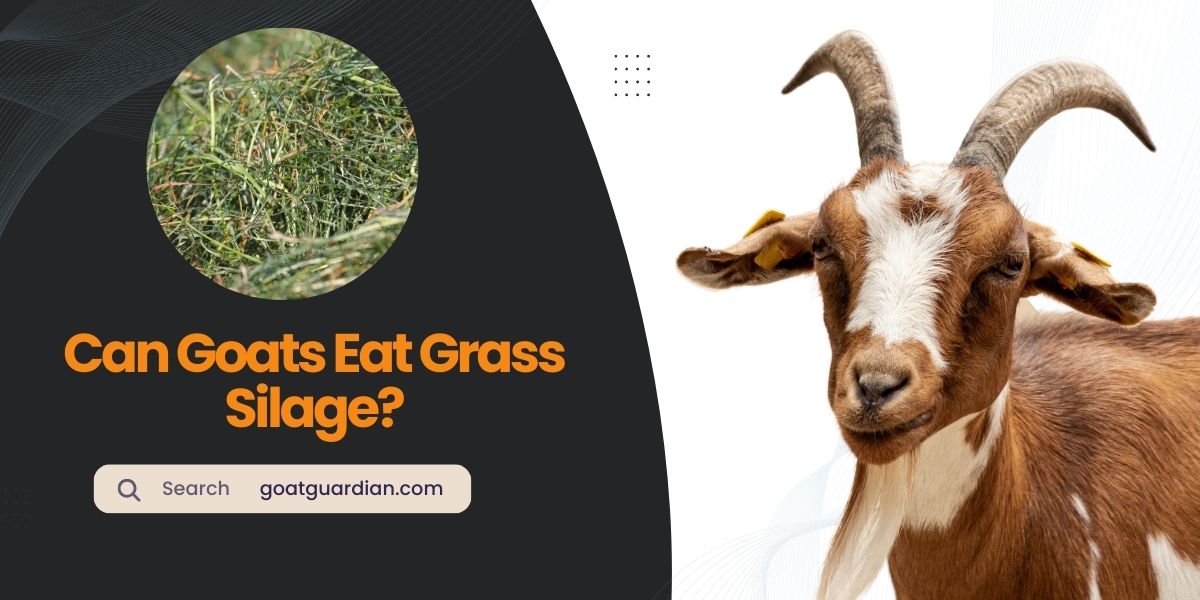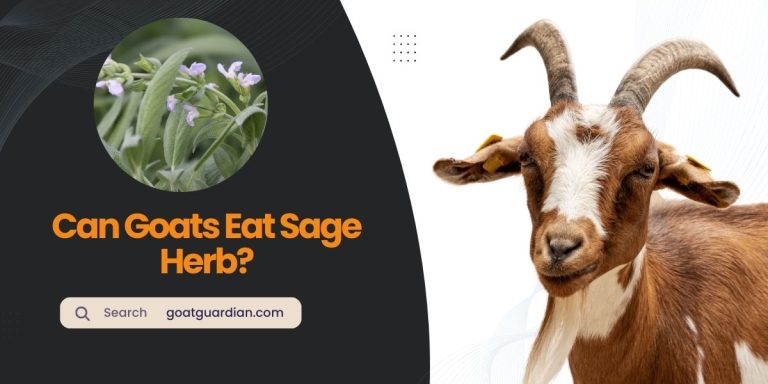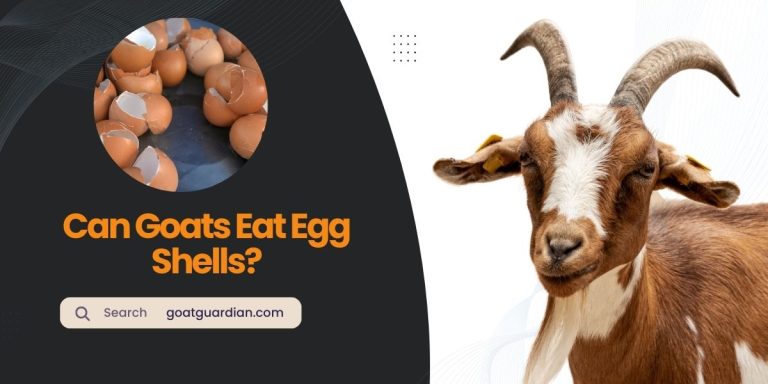Can Goats Eat Grass Silage? (Pros and Cons)
Goats can eat grass silage, which is a safe and nutritious alternative to other feedstuffs when the seasonal nutritive values decline or fluctuate. Feeding silage to goats does come with risks and challenges, but it can provide consistent nutrition on a daily basis.
However, it is important to be cautious as goats are susceptible to listeriosis and silage may not contain enough roughage for their survival. Some goat experts advise against feeding silage to goats, but others believe it can be fed in moderation.
It is recommended to store and feed the silage properly to avoid spoilage and ensure the goats receive the necessary nutrients. While goats can eat grass silage, it should be done with caution and proper management.
Introduction To Feeding Goats Grass Silage
Grass silage can be a good alternative feed option for goats, especially when the seasonal nutritive values of browse and other feedstuffs decline or fluctuate. While feeding silage to goats is generally safe, it does come with some risks and challenges.
Some goat experts advise against feeding silage to goats because it lacks the roughage they need to survive. Silage can also contain unhealthy elements for goats. However, others argue that goats can eat silage without any issues.
It is important to note that silage is the product formed when a forage crop such as grass or alfalfa is fermented and stored. Grass silage is typically considered the go-to option for goats as it is robust and nutritionally rich.
However, the amount of silage that a goat can consume may vary. It is recommended to consult with a veterinarian or goat expert to determine the best feeding management for your goats.
Pros Of Feeding Goats Grass Silage
| Nutritional benefits of grass silage for goats: |
| – Grass silage is a cost-effective option for large farms, especially when the seasonal nutritive values of other feedstuffs decline or fluctuate. |
| – Silage can provide goats with consistent nutrition on a daily basis, which is essential for production situations. |
| – While some experts advise against feeding silage to goats due to the lack of roughage, it can still be a suitable option when combined with other feed sources to ensure a well-balanced diet. |
| – Grass silage is nutritionally rich and provides goats with the necessary nutrients for optimal growth and performance. |
| – However, it is important to be aware of the risks and challenges associated with feeding silage to goats, such as the risk of listeriosis. |
Cons Of Feeding Goats Grass Silage
| Risk Of Listeriosis In Goats Feeding silage to goats can be risky, as goats are highly susceptible to listeriosis. This bacterial infection can cause serious health issues and even death in goats. Therefore, it is generally recommended to avoid feeding silage to goats to minimize the risk of listeriosis.Lack Of Roughage In Silage Many goat experts advise against feeding silage to goats because it lacks the roughage that goats need for their digestive system to function properly. Silage is typically more concentrated and may not provide enough fiber for goats, potentially leading to digestive problems.Potential For Unhealthy Additives In Silage Silage can contain additives like preservatives, mold inhibitors, and other chemicals. These additives may be harmful to goats and can have negative effects on their overall health. It is essential to ensure that the silage being fed to goats does not contain any unhealthy additives. |
Best Practices For Feeding Goats Grass Silage
Feeding goats grass silage can be a beneficial alternative when the nutritive values of other feedstuffs decline or fluctuate. While feeding silage to goats is generally safe, it does come with risks and challenges.
Many goat experts recommend avoiding silage as it lacks the necessary roughage for goats to thrive. However, some goat owners have successfully fed silage to their goats. It is important to ensure proper storage and freshness of the silage to maintain its nutritional value.
Monitor the health and response of your goats when introducing silage into their diet. Additionally, consider alternative feed options to accompany the silage and provide a balanced diet for your goats.
Overall, feeding goats grass silage can be a viable option, but proper care and monitoring are essential for their well-being.
Frequently Asked Questions Of Can Goats Eat Grass Silage
How Much Silage Can A Goat Eat?
Goats can eat silage, but it comes with risks and challenges. Silage can be a good alternative when feed quality fluctuates, but it lacks the roughage goats need. It is generally safe to feed silage to goats, but there is a risk of listeriosis.
Ensure that the silage is clean and does not contain unhealthy elements. Consider other feed options and consult with goat experts.
What Is The Best Silage For Goats?
The best silage for goats is typically grass silage. It provides the necessary nutrients for goats and is robust in nature. Goats can consume a fair amount of silage, but feeding them comes with some risks and challenges. It’s important to ensure the silage is of good quality and doesn’t contain any unhealthy substances.
Can Goats And Sheep Eat Silage?
Yes, goats and sheep can eat silage. Silage can provide a cost-effective source of nutrients for them, especially on large farms with mechanized feeding. Corn silage and silage made from forage and small grain crops are commonly fed to goats and sheep.
However, feeding silage to goats does come with risks and challenges. It is important to ensure that the silage is properly stored and does not contain any unhealthy substances.
Can Goats Eat Alfalfa Silage?
Yes, goats can eat alfalfa silage. It is a safe and nutritious alternative feed option for goats, but it does come with some risks and challenges. It is recommended to consult with goat experts before feeding silage to goats.
Conclusion
Feeding silage to goats can be a safe option, but it does come with its own set of risks and challenges. While some goat experts advise against feeding silage to goats due to its lack of roughage, others believe it can be a viable alternative, especially in situations where consistent nutrition is needed.
It’s important to carefully consider the quality and storage of the silage to ensure the goats’ health and well-being. Ultimately, the decision to feed silage to goats should be based on individual circumstances and expert guidance.






